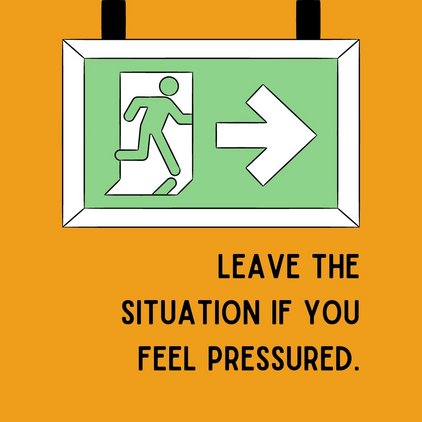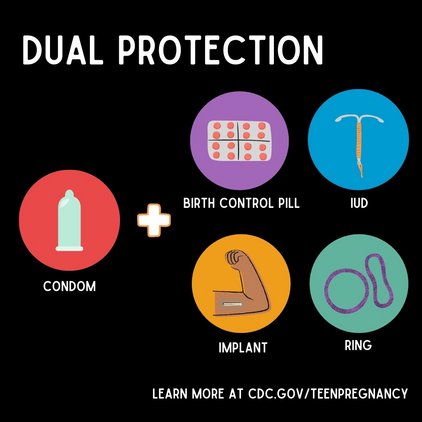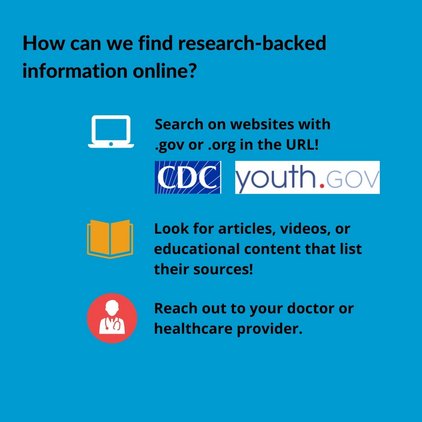Healthy Youth and Relationships - You Have Options!
As a teenager especially, you may have a lot of questions about sex, birth control, and how to prevent pregnancy and STDs. Google is a resource for some things, but when it comes to your health and body, you want science as your guide!
Follow these tips to find the facts: Look for .gov or .org websites. Check for the sources. Go beyond the screen!
Remember, there are responsible adults who CARE about you, your health, and your future. When you face pressure or obstacles, reach out and share what’s on your mind. #UCoHealthCares



Consent & Body Autonomy
Bodily Autonomy & Consent are critical issues.
Bodily autonomy means my body is for me; my body is my own. It’s about choice, and it’s about dignity. Bodily autonomy is the foundation for gender equality, and above all, it’s a fundamental right. Individuals can make decisions about their own bodies and lives – free from violence, discrimination or coercion – and can chart their own destiny and realize their full potential.
Consent is an agreement between participants to engage in sexual activity. Consent should be clearly and freely communicated. A verbal and affirmative expression of consent can help both you and your partner to understand and respect each other’s boundaries. Consent cannot be given by individuals who are underage, intoxicated or incapacitated by drugs or alcohol, or asleep or unconscious. If someone agrees to an activity under pressure of intimidation or threat, that isn’t considered consent because it was not given freely. Unequal power dynamics, such as engaging in sexual activity with an employee or student, also mean that consent cannot be freely given.
Consent is about communication. It should happen every time for every type of activity. Consenting to one activity, one time, does not mean someone gives consent for other activities or for the same activity on other occasions. For example, agreeing to kiss someone doesn’t give that person permission to remove your clothes. Having sex with someone in the past doesn’t give that person permission to have sex with you again in the future. It’s important to discuss boundaries and expectations with your partner prior to engaging in any sexual behavior.
You can change your mind at any time. You can withdraw consent at any point if you feel uncomfortable. One way to do this is to clearly communicate to your partner that you are no longer comfortable with this activity and wish to stop. Withdrawing consent can sometimes be challenging or difficult. The best way to ensure that all parties are comfortable with any sexual activity is to talk about it, check in periodically, and make sure everyone involved consents before escalating or changing activities.




